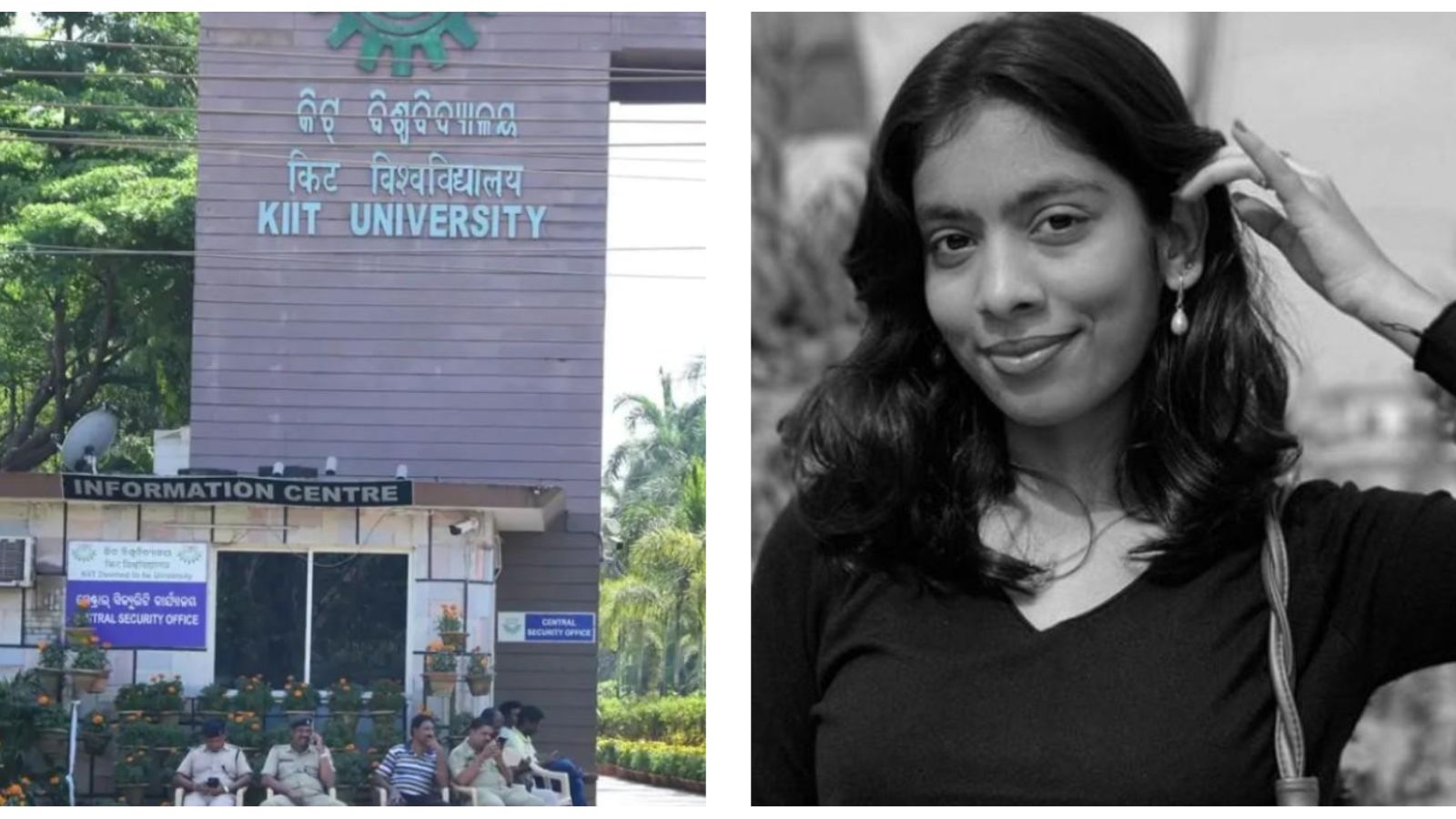By Jheruleene Anne Ramos
The death of 20-year-old Prakiti Lamsal, a Nepali student at the Kalinga Institute of Industrial Technology (KIIT) University in Odisha, India, has ignited widespread concern over the safety of Nepali students studying abroad.
Lamsal, a third-year BTech student, was found dead in her campus hostel on Sunday evening, allegedly having taken her own life after enduring prolonged harassment from her boyfriend.
According to a police complaint filed by her cousin, Siddhant Sigdel, Lamsal was repeatedly blackmailed by Advik Srivastava, a third-year BTech student at KIIT.
Other students familiar with the case supported those claims, saying that Srivastava had harassed Lamsal for over a month, severely impacting her mental health.
A viral audio clip shared by user Squint Neon on X (formerly Twitter) showed Srivastava verbally assaulting Lamsal and making derogatory remarks about her family, Republica reported.
Srivastava, 21, was arrested on Monday 17 February and has remained in judicial custody while the police continue their investigation.
Claims of institutional negligence
Following Lamsal’s death, students alleged that her case was not just about a troubled relationship but also about KIIT’s failure to address her repeated pleas for help.
A Nepali student, who requested anonymity, claimed that Lamsal repeatedly sought help from the International Relations Office (IRO) of the university over the issue but received no response, further worsening her distress.
“Prakiti had twice approached the IRO – the international department of the university that looks after foreign students. The department did not take any action even after she filed a complaint. This further put Prakiti under mental stress,” the student said.
Students further accused KIIT of evidence tampering, alleging that university officials seized Lamsal’s possessions and removed her body from the room on Sunday night before police arrived the next day for an official investigation.
KIIT strongly denied these accusations, saying they handed the evidence to the police.
READ MORE: Kim Sae-ron’s death exposes South Korean entertainment industry

Peaceful protests turn violent
Lamsal’s death sparked widespread outrage among Nepali and Indian students, who staged demonstrations demanding a fair investigation and accountability from the university.
Protesters initially held peaceful vigils and chanted slogans, but tensions escalated when university staff allegedly used force to disperse them.
“We were demanding justice for Prakiti in a peaceful manner but, instead of listening to us, they forced us out. Those who refused to leave were beaten by security guards,” a protesting Nepali student told The Kathmandu Post.
Videos circulating online also showed staff members making xenophobic remarks against Nepali students, with two university officials mocking Nepal’s economy and claiming KIIT’s food bill surpassed the country’s gross domestic product.
The university further ordered over 800 Nepali students to vacate the premises, although it later withdrew the directive after intervention from the Nepali Embassy in New Delhi.
READ NEXT: The barriers of conservatism: Teenage pregnancy in the Philippines

KIIT, Odisha and Nepali government responses
On Tuesday, KIIT announced disciplinary action, including the suspension of security guards involved in the violence and the dismissal of at least 10 staff members.
The university also reiterated that Nepali students should rejoin the campus and apologised for any distress caused by the incidents that followed Lamsal’s death.
“We too apologise for all that has happened and hereby tender our love and affection to all the students and people of Nepal. We love them as much as we love the people of India and the people of the world,” the university said in a statement.
The Odisha state government also took “immediate cognizance” of the matter, arresting security guards and suspending officials accused of using force against students.
Additionally, it formed a high-level fact-finding committee of top officials such as the additional chief secretary and principal secretary, to investigate the case.
Meanwhile, Nepal’s Ministry of Education warned of suspending No Objection Certificates for students planning to study in Odisha if no action was taken, while the Ministry of Foreign Affairs dispatched two representatives to Bhubaneswar to assess the situation and ensure Nepali students’ safety.
YOU MAY ALSO LIKE: Growth of aging population opens opportunity for adaptable system

Seeking justice for Lamsal
Lamsal’s father, Sunil Lamsal, expressed grief and urged authorities to deliver justice and prevent similar tragedies.
“I sent my daughter this far for higher education, trusting the institution. I have faith in the Odisha government and police and hope justice prevails. My daughter is no more, but I pray no other Nepali student faces such a fate,” he said.
Similarly, the Nepal Students Union and All Nepal National Free Students Union-Revolutionary demanded a fair investigation into the incident.
As police continue their inquiry, the case has underscored the need for universities to take student mental health seriously and to provide proper support systems for those in distress.
YOU MAY BE INTERESTED IN: Film news: The Zone of Interest and the power of sound
